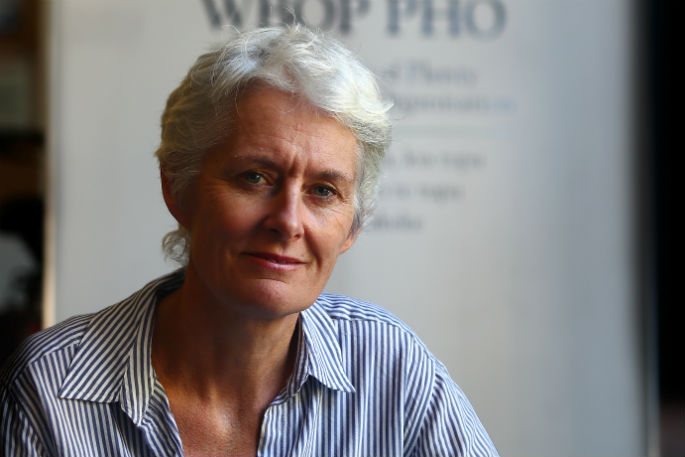Few teenagers visit their local GP, so school nurses in the bay of Plenty are filling the void with extra support particularly when it comes to emotional distress.
Emotional distress includes stress, anxiety, low moods and depression and is the leading health issue for teenagers aged 13-18.
'Anxiety is the highest presenting issue, and this might be related to bullying, or stress related to schoolwork and exams. It might be grief related to a death or a relationship break-up,” says School Health Services quality coordinator Paula Ngatai.
'And relationship breakdowns with peers and family can also be a factor.”
She says teenagers aren't seeing their GP's as often, which means some issues have gone unnoticed, allowing them to fester and get worse.
The Western Bay of Plenty Primary Health Organisation is filling that gap by providing free health services at nine of the region's secondary schools and alternative education centres. Each centre gets an average of 60 students each week during term time.
'There are many reasons teenagers may not want to see their GP,” she says.
'One is cost and asking a parent or caregiver to cover the cost means they can't visit a GP without their knowledge.
'A sore throat or a skin condition might prompt a teenager to see their GP, but they may not feel comfortable talking about other issues such as mental health or contraceptive advice.
'If teenagers don't visit their GP these issues can go unnoticed and that's why services such as this are so valuable.”
Aquinas College, Katikati College, Mount Maunganui College, Otumoetai College, Papamoa College, Tauranga Boys' College, Tauranga Girls' College, Te Puke High School, and Te Wharekura o Mauao are seeing improved engagement from these initiatives.
The nurses ask questions that involve getting to know students and building a relationship of trust with them. They are asked about sleep patterns, diet, school, friendships, relationships with family, and what sort of activities and sports they are involved in.
'At school, the health service is conveniently located, confidentiality is assured, and students often have the support of their peers.
'Few students come in with obvious mental health issues, but these general snapshots allow us to identify any areas of concern.”
Te Puke High School nurse Natasha Harris has been working at the school for six years. In addition to seeing students that make appointments, she gives each of the school's Year 9 students a top to toe health assessment as part of the Ministry of Health's Youth Mental Health Project.
'The more I do the assessments, the more I see that identifying risk early is really important so you can help to support them any way you can,” says Natasha.
Paula says this programme is best for Year 9 students because they are generally mature enough to have a conversation about their health issues and are less likely to already be involved in risky behaviour.
Any medical or mental health issues are identified at an early stage, and students can be referred for treatment.
Nurses use a basic screening tool that measures psychological distress. Students with mild distress may be referred to the school counsellor, and students with moderate to severe distress may be referred to the PHO's mental health services or other mental health organisations.
The PHO offers schools a variety of small group mental health programmes, staffed by trained counsellors and psychologists, for those with mild to moderate distress. These are six-week programmes held on site at the schools.
'We are seeing improved engagement with health professionals by young people, and increased referrals to mental health services from both GPs and School Based Health Services,” says Paula.
The number of students seen by School Based Health Services in 2018 was 2399. Of the 7555 student visits, 911 resulted in mental health interventions.
'Any initiative that helps young people have a conversation about their health is going to be helpful.
'We are strengthening young people's ability to engage with health professionals and helping them recognise what emotional distress looks like and how they can address it.”

